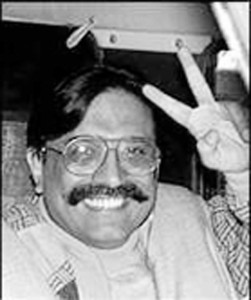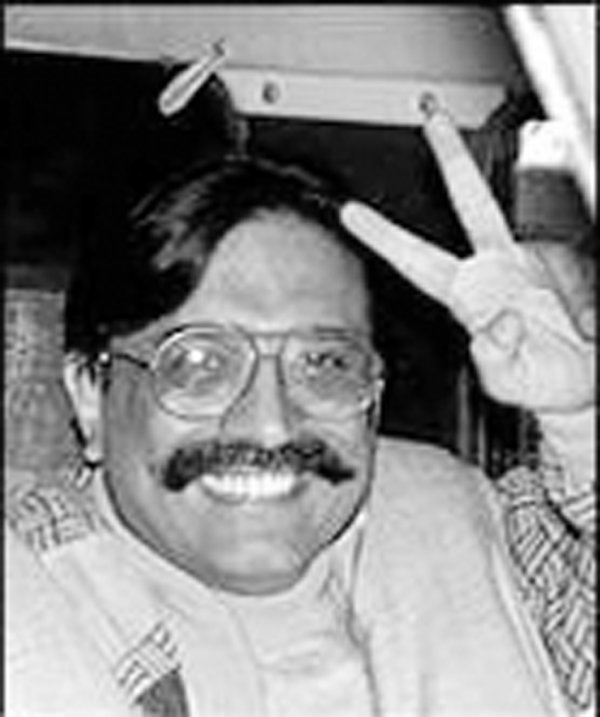ISLAMABAD (Reuters) – The Pakistani government said yesterday it would seek a review of a Supreme Court ruling last month that barred opposition leader Nawaz Sharif and his brother from elected office and caused a political crisis.
Former prime minister Sharif was infuriated by the ruling and threw his support behind a protest campaign by lawyers that threatens to bring turmoil to Pakistan as the government struggles to stem militancy and to revive a flagging economy.
“The federal government will file a review petition in the Supreme Court against the verdict of the Supreme Court,” a spokesman for President Asif Ali Zardari said in a statement.

The decision appeared to be a first step towards reconciliation with Sharif but his party secretary general, Iqbal Zafar Jhagra, dismissed it as “eye-wash” aimed at diverting attention from the “long march” protest campaign.
“A review petition means nothing. The long march will continue,” Jhagra told Reuters.
Police have detained hundreds of lawyers and opposition activists since a crackdown was launched on Wednesday in a bid to stifle the lawyers’ plans for a cross-country protest.
Nevertheless, black-suited lawyers and flag-waving opposition party activists launched their campaign in the south of the country on Thursday, aiming to head to Islamabad. But authorities have effectively broken up the procession, although protest leaders plan sit-in outside parliament in Islamabad tomorrow. A looming showdown has raised fears of bloodshed on the streets.
Pakistan’s efforts to eliminate Taliban and al Qaeda enclaves on the Afghan border are vital to US plans to stabilise Afghanistan and defeat al Qaeda.
If the crisis gets out of hand, the army could feel compelled to intervene, though most analysts say a military takeover is highly unlikely.
US Secretary of State Hillary Clinton telephoned Zardari to convey US support for Pakistan’s democracy and its economy, Zardari’s office said, adding “the US was keen to see a stable and democratic system strengthened.”
Clinton also spoke to Sharif and his brother, Shahbaz, on the political situation, a party official said. The Supreme Court ruling, based on old convictions the Sharifs say were politically motivated, nullified a by-election victory by Shahbaz Sharif and disqualified him from holding the office of chief minister of Punjab, the most populous and most influential of Pakistan’s four provinces.
Zardari then imposed central rule in Punjab for two months, and threw out the provincial government of the Sharif’s party.
The Sharifs said Zardari was behind the court decision. Prime Minister Yousaf Raza Gilani has been promoting a compromise package with concessions to Sharif and the judiciary.

